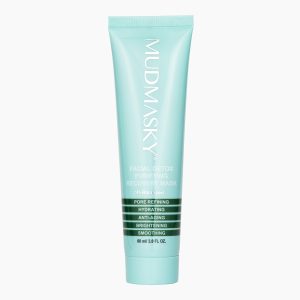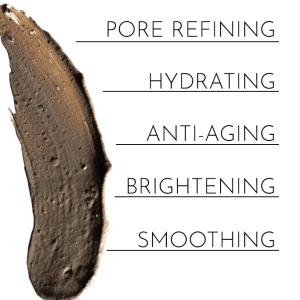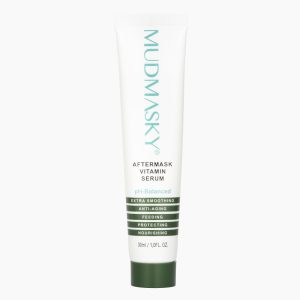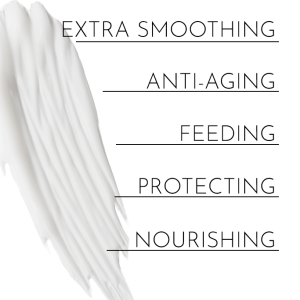Published on: September 24, 2023 by MUDMASKY® Europe
Introduction
In recent years, concerns about the presence of potentially harmful chemicals in skincare products have grown significantly. Consumers are increasingly aware of the potential risks posed by these substances, prompting regulatory bodies around the world to take action. The European Union (EU), known for its stringent safety standards, has been at the forefront of this effort to ban harmful chemicals in skincare. In this article, we will explore the EU’s latest initiatives to ensure the safety of skincare products and protect consumers’ health.
EU’s Commitment to Safety
The EU has long been committed to safeguarding the health and well-being of its citizens. One of the ways it achieves this is through the regulation of cosmetics and skincare products. The European Chemicals Agency (ECHA) and the European Commission work collaboratively to assess and regulate chemicals used in various consumer products, including skincare.
These are the latest actions:
- Restriction on Microplastics (Effective as of July 1, 2023): Microplastics, tiny particles often found in exfoliating scrubs and other cosmetic products, have come under scrutiny for their negative environmental and health impacts. The EU has taken action to restrict the use of microplastics in cosmetics, with Regulation (EU) 2019/1148 coming into force. This regulation prohibits the use of intentionally added microplastics in rinse-off cosmetics, such as facial scrubs and shower gels, in an effort to reduce their impact on aquatic ecosystems.
- Safety Assessment and Labeling (Ongoing): The EU continues to improve its safety assessment process for skincare products, ensuring that ingredients used meet rigorous safety standards. Additionally, clear and informative labeling is being promoted to empower consumers with information about the contents of their skincare products, enabling them to make informed choices.
- Phthalates and Parabens (Ongoing): Phthalates and parabens, chemicals commonly found in cosmetics, have raised concerns due to their potential endocrine-disrupting effects. While these substances have not been completely banned, their use in cosmetics is tightly regulated in the EU. The EU’s Scientific Committee on Consumer Safety (SCCS) continually reviews scientific data to assess the safety of these ingredients.
- Chemical Registration (Ongoing): The EU’s REACH (Registration, Evaluation, Authorization, and Restriction of Chemicals) regulation plays a crucial role in evaluating and managing chemicals used in various products, including cosmetics. Manufacturers must register and provide safety data for the chemicals they use, allowing for better oversight and potential restrictions on harmful substances.
Consumer Awareness and Empowerment
In addition to regulatory measures, the EU is actively promoting consumer awareness and education about skincare product ingredients. This empowers consumers to make informed choices when selecting skincare items, encouraging them to prioritize products that adhere to safety standards and avoid those containing potentially harmful chemicals.
Conclusion
The EU’s ongoing efforts to regulate and, when necessary, ban harmful chemicals in skincare products reflect its commitment to the safety and well-being of its citizens. By implementing stringent regulations, promoting transparency, and empowering consumers, the EU aims to ensure that skincare products on the market are safe for use and free from substances that could pose health risks. As the global community becomes increasingly conscious of the ingredients in their skincare routine, the EU’s actions serve as a valuable model for other regions looking to enhance consumer protection in the cosmetics industry.




